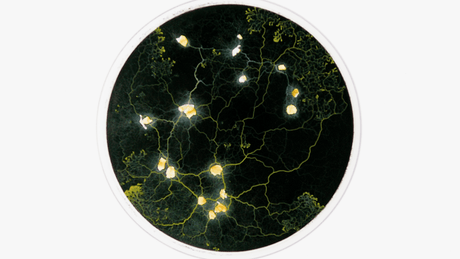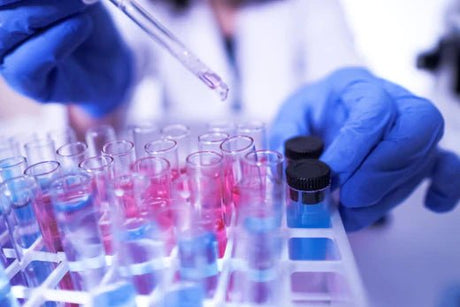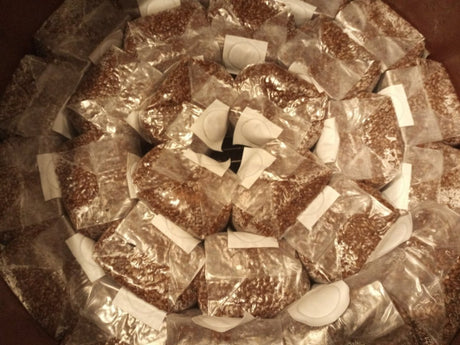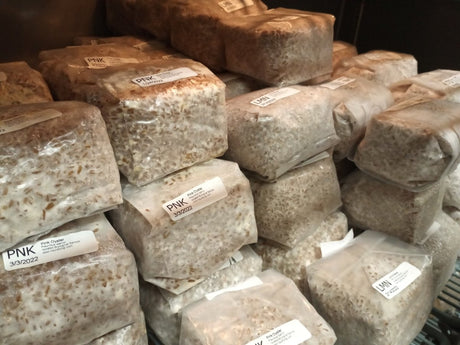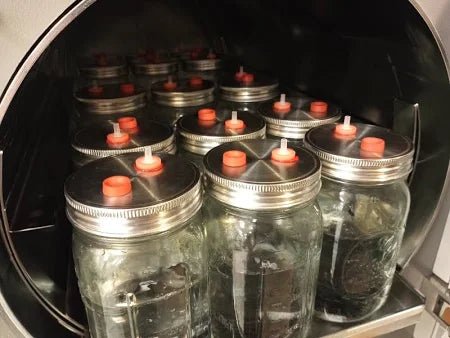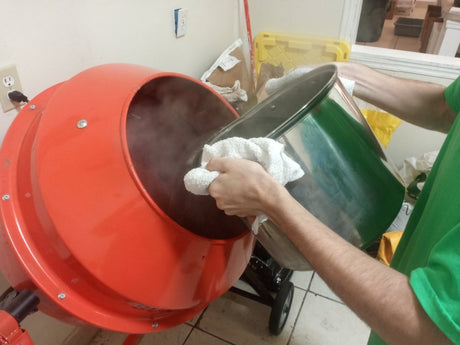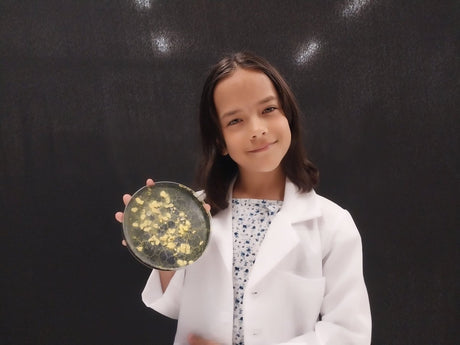Get Yourself Some Liquid Culture
Have you ever wondered how scientists efficiently share genetic material between laboratories? Liquid Culture is the answer. This method provides a seamless way to transfer isolated samples of fungi or other microorganisms, facilitating research and collaboration in the scientific community.
SouthernSpore creator Jacob recently did this great video about several liquid culture vendors including us:
@southernspore Where to buy liquid cultures #mushroom #mycology #mushroomgrowing ♬ original sound - Southernspore
What is Liquid Culture?
Liquid Culture is a technique used in microbiology to grow and maintain microorganisms in a liquid medium. This method allows researchers to easily transfer and share genetic material between labs, enabling the study of various microorganisms in a controlled environment.
How Does Liquid Culture Work?
Researchers start by isolating the desired microorganism and introducing it into a liquid medium containing nutrients. The microorganism then grows and multiplies in the liquid culture, providing a sustainable source for further study and experimentation.
Benefits of Liquid Culture
1. Liquid Culture allows for the easy transfer of genetic material between labs, promoting collaboration and accelerating research progress.
2. Unlike spores, liquid culture is a specific living isolated sample with predictable results. Spore pairings can sometimes lead to unfavorable mutations with low fruiting potential. Using virgin (never fruited) living culture provides consistent and predictable results.
3. Liquid culture is easily stored and remains isolated between experiments or samplings. Most laboratories will keep multiple levels of culture for both safety and redundancy. At Liquid Fungi, we maintain 3 levels of culture. The current production plate, a backup plate, and a backup to the backup.
Applications of Liquid Culture
Liquid Culture is widely used in various scientific fields, including microbiology, mycology, and biotechnology. Researchers utilize this method to study the behavior, growth, and genetic characteristics of different microorganisms, contributing to advancements in medicine, agriculture, and environmental science.




